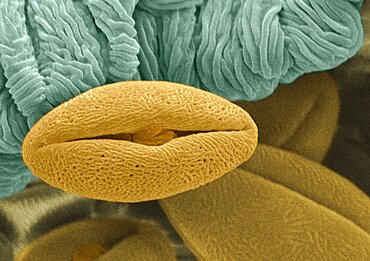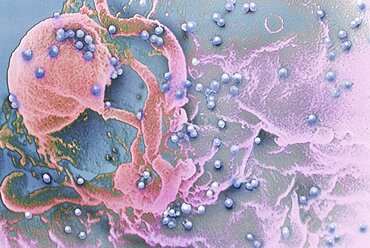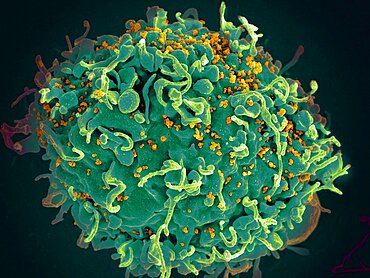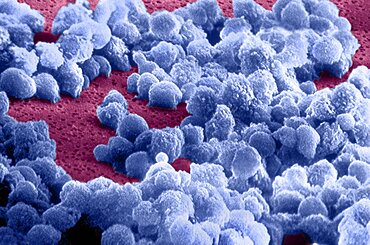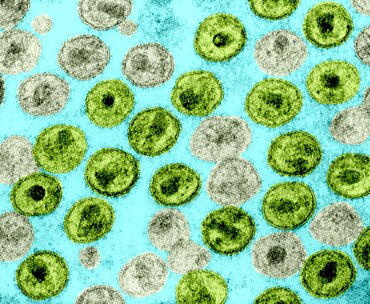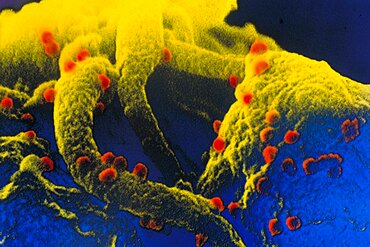Results
4 results found
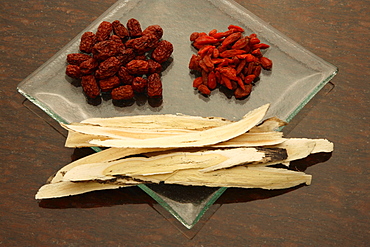
Astragalus, used to protect the immune system, wolfberry, used as a general tonic, to protect the liver, improve vision, strengthen legs and promote longevity, and red date (Jujube) to strengthen heart and lung function, nourish stomach and spleen, and support normal blood pressure
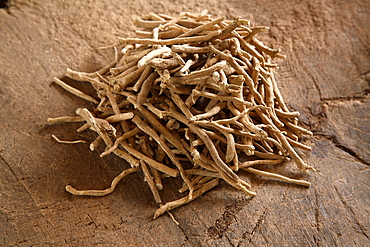
Ashwagandha (Indian Winter Cherry) (Withania somnifera) which has anti-oxidant properties and is an immune system booster

Anti inflammatory diet concept. Set of foods that help to reduce inflammation - plant based ingredients, fresh fruit, green vegetables. Healthy diet products, top view, stone background

Anti inflammatory diet concept. Set of foods that help to reduce inflammation - plant based ingredients, fresh fruit, green vegetables. Healthy diet products, top view, stone background copy space

Anti inflammatory diet concept. Set of foods that help to reduce inflammation - plant based ingredients, fresh fruit, vegetables. Healthy diet products, top view, stone background copy space. Toned

Detail of the vaccination in a black African ethnic girl, immunizes the population, people at risk, antibodies, new normal, covid-19

Research assistants and technicians from the University of Ghana collect dust samples from the living rooms and bedrooms of children in Accra, Ghana. The samples will be analyzed for the presence of dust mites, fungus', and animal allergens to help researchers better understand why children in wealthier homes have higher rates of allergies and asthma than poorer children. The leading theory is that higher rates of helminth (parasite) infections among poorer children are affecting the immune system in a way that offers protection from allergies and asthma. The study aims to find out what the worms are doing, isolate the beneficial effect and replicate it.

Research assistants and technicians from the University of Ghana collect dust samples from the living rooms and bedrooms of children in Accra, Ghana. The samples will be analyzed for the presence of dust mites, fungus', and animal allergens to help researchers better understand why children in wealthier homes have higher rates of allergies and asthma than poorer children. The leading theory is that higher rates of helminth (parasite) infections among poorer children are affecting the immune system in a way that offers protection from allergies and asthma. The study aims to find out what the worms are doing, isolate the beneficial effect and replicate it.
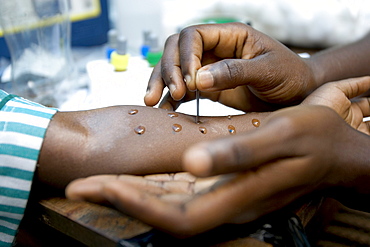
Research assistants and technicians from the University of Ghana perform basic skin prick tests on school children in Accra, Ghana to test for sensitivities to dog, cat, dust mites, grass pollen, peanuts, and cockroach allergens. The results have shown that children in wealthier homes have higher rates of allergies and asthma than poorer children. The leading theory is that higher rates of helminth (parasite) infections among poorer children are affecting the immune system in a way that offers protection from allergies and asthma. The study aims to find out what the worms are doing, isolate the beneficial effect and replicate it.
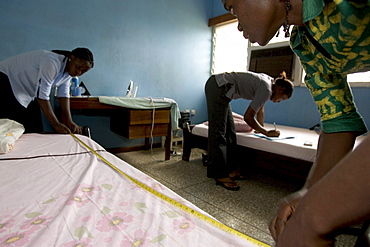
Research assistants and technicians from the University of Ghana collect dust samples from the living rooms and bedrooms of children in Accra, Ghana. The samples will be analyzed for the presence of dust mites, fungus', and animal allergens to help researchers better understand why children in wealthier homes have higher rates of allergies and asthma than poorer children. The leading theory is that higher rates of helminth (parasite) infections among poorer children are affecting the immune system in a way that offers protection from allergies and asthma. The study aims to find out what the worms are doing, isolate the beneficial effect and replicate it.

Research assistants and technicians from the University of Ghana perform basic skin prick tests on school children in Accra, Ghana to test for sensitivities to dog, cat, dust mites, grass pollen, peanuts, and cockroach allergens. The results have shown that children in wealthier homes have higher rates of allergies and asthma than poorer children. The leading theory is that higher rates of helminth (parasite) infections among poorer children are affecting the immune system in a way that offers protection from allergies and asthma. The study aims to find out what the worms are doing, isolate the beneficial effect and replicate it.


